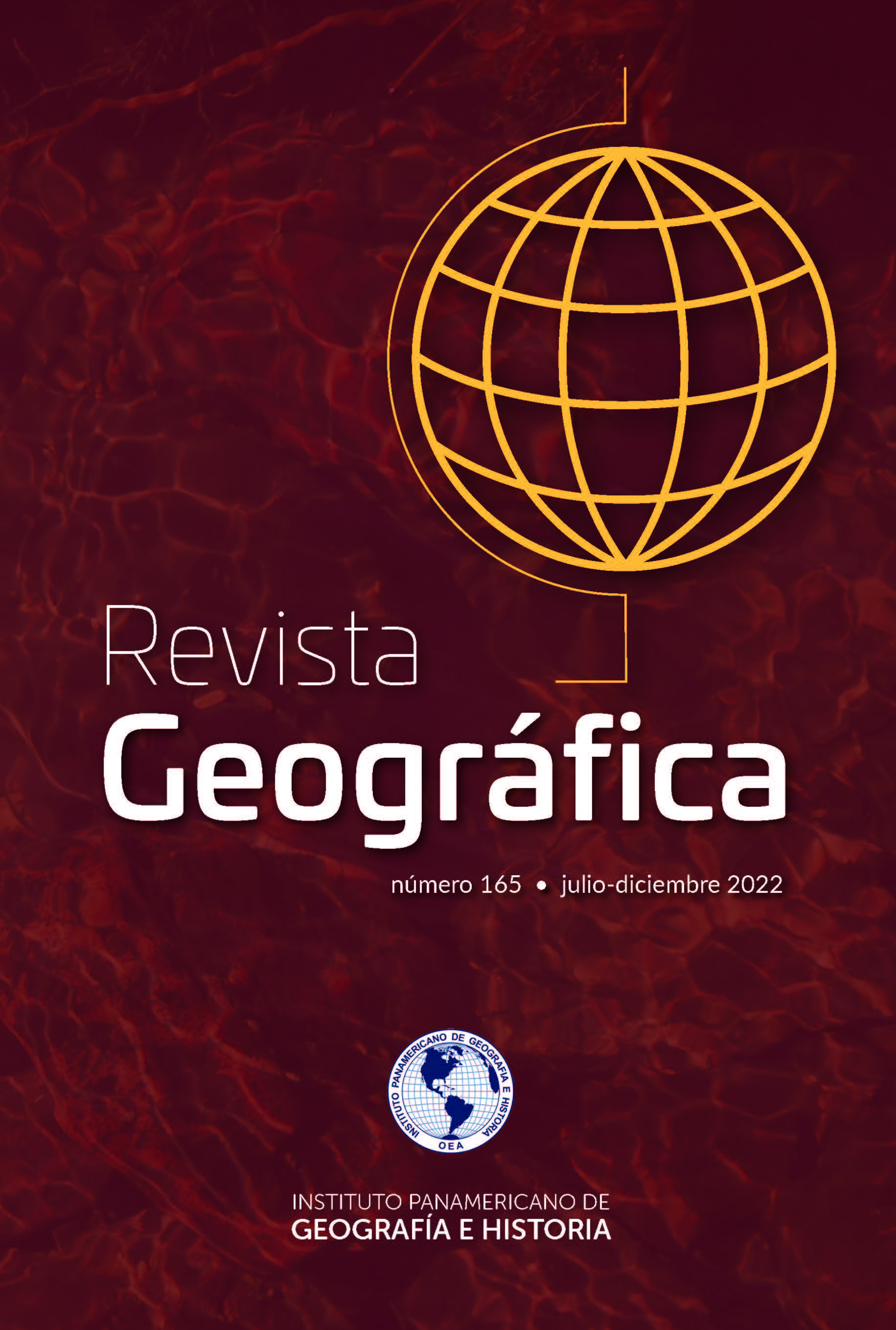Strategies for the planning of a sustainable rurban territory under the approach of territorial intelligence case of vereda Bosatama Soacha Cundinamarca, Colombia
Main Article Content
Abstract
Urban expansion has generated an unprecedented transformation in land use, causing an impact on the global biosphere with environmental, social and economic consequences, which is mainly driven by a poorly regulated expansive tentacular physical growth pattern, which is associated with processes such as the conurbation, which causes deconcentrated movements of people and economic activities from large cities to rural areas, generating rururbanization processes, which in the case of the Bosatama village has caused pressures and transformations in the planning of the territory as a result of the changes in land use and the increase in urbanization reflected in the Ciudad Verde housing megaproject.
In accordance with the foregoing, the research initially established the global trends of urban expansion from a bibliographic search and analysis system, with the purpose of defining the factors that influence the dynamics of the shaping of the path, which together with the application of the Stlocus method from the territorial intelligence approach and the perception of the key actors allowed to analyze the characteristics and problems of the village, which were evaluated using a Vester matrix where the most critical problems are the change in land use, the urban expansion of the dimension environmental, the change of traditional and daily activities of the social dimension, weakening of agricultural activities of the economic dimension and lack of approval and implementation of a new land use plan of the institutional political dimension, which were taken up in the approach of nine strategies for planning sustainable rururban territory that, articulated from a rurality policy guideline, can contribute to the resolution of the problems present in the village.
Downloads
Article Details
-
Abstract906
-
PDF (Español)747
